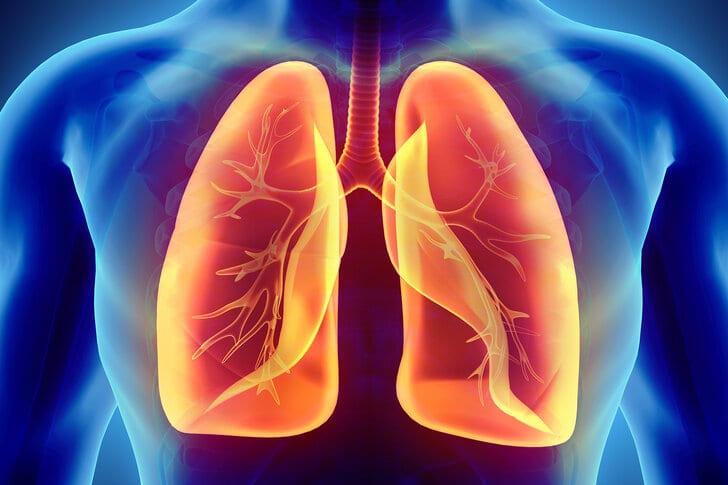No matter how hard we try, some things just aren’t in our hands. And the most obvious of such things is getting sick. Even after taking utmost precautions, some diseases crawl into our bodies uninvited, and the sad part is, we don’t even get a hint unless it gets serious. One such disease is COPD.
Read – Stay Away From These Assumptions about COVID
Chronic Obstructive Pulmonary Disease (COPD) is a group of chronic respiratory disorders that obstruct the airway.
You might’ve heard less about this disease, but it’s widely known not only in the US but in various other parts of the world as well. Though the leading cause of COPD is smoking, reports suggest that nearly 25 percent of people suffering from it haven’t smoked ever!

We know it sounds quite confusing, but as they say, awareness is the first step towards a cure. So with the aim of raising awareness for COPD, we’ve compiled a list of the most logical questions that you should ask your doctor if you’ve been diagnosed with the condition.
Do have a look.
Is COPD curable?
Unfortunately, a condition like COPD is a progressive disease whose symptoms increase with passing time. Even after years of medical research and trials, no treatments with 100 percent positive results have been found. However, with regular checkups and following specific protocols, one can slow down the progression of the condition.
What is the procedure for diagnosing COPD?
It’s often recorded that patients with chronic cough symptoms, shortness of breath, and a past of smoking are diagnosed with COPD. A proper spirometry test will confirm the condition and define what kind of medicine will work best for you.

If I have COPD, is a lung cancer diagnosis required?
If you’re a smoker, it’s preferable to ask the above question since there’s a high risk of developing lung cancer if you’re not able to give up smoking. Most doctors will recommend a lung cancer diagnosis if you have a persistent smoking habit.
Can you provide me some guidance related to the treatment?
If you have COPD, your doctor will prescribe a series of medicines including quick-relief inhalers, maintenance inhalers, anti-inflammatory medications, corticosteroids, antibiotics, and more. Generally, the medicines prescribed in COPD are called bronchodilators which help relax the muscles around the airways resulting in a proper breathing experience. Sometimes steroids are also prescribed to reduce inflammation and make breathing easier.
In addition to medicines, the following good practices should be observed for an effective recovery:
- Ask your doctor for a diet plan to provide you optimum levels of nutrients that can help your lungs function properly.
- Exercising is extremely beneficial in such conditions. You can begin with light breathing exercises and then gradually move to slightly difficult ones to keep your body and lungs active.
- You can ask for your doctor’s help on the tricks to quit smoking.

Read – Exercises That Will Protect You from Diseases
Endnote
Living with COPD isn’t easy. With a heavy dose of medicines and regular checkups, one ought to get exhausted. But with the proper approach and help from diligent doctors, overcoming the problems can become simpler.
